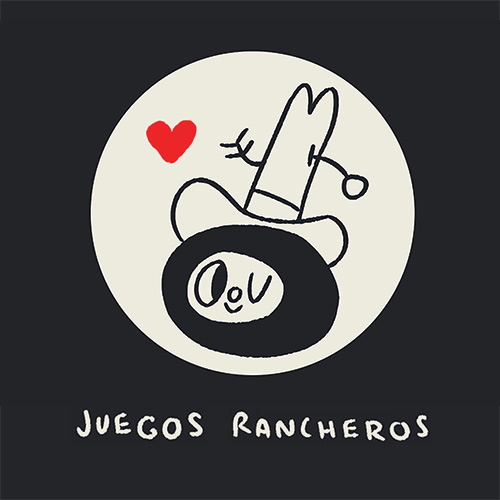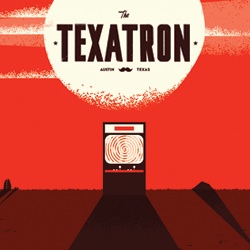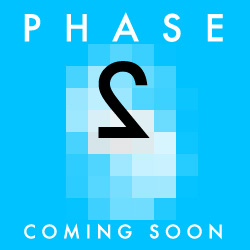ONE MORE GO: DONKEY KONG JUNGLE BEAT
In my line of work, I hear a lot of bad game ideas, which is something I find agonizing. This is because about 90% of them are emanating out of my own mouth, usually prefaced with something asinine like, ‘This is just off the top of my head, but..’ or ‘I know! Why don’t you try…’ The theory is that the good thing about bad ideas is that they always teach you something. In my case, they usually teach me how polite and patient my colleagues are.
Thankfully, the other 10% aren’t my doing, but what’s amazing is how many of them get made. One of the worst game ideas ever was embodied in Donkey Kong: Jungle Beat, which is a platform game you control with a pair of cheap electric bongos.
Not, please note, a modern, newfangled, automagic platform game like Assassin’s Creed. A proper, old-fashioned 2D platformer with ledges and enemies and timed swings and all the things that make you cry out for a nice crisp d-pad and a decently sprung jump button. Or, in the absence of those, perhaps at least something with more than two buttons which you can operate without having to pretend to be a toddler who just dropped a jam sandwich off his high chair.
So why go back to Jungle Beat? For a little reassuring schadenfreude that I’m not the only person who can have bad game ideas? No. Because it’s a dazzling, dizzying delight. Bad idea; brilliant game.
There are lots of reasons for that brilliance, of course, most notably the way the rich, riotous visuals are tempered with a savagely efficient game mechanic (bananas serve simultaneously as your health, score, combo fodder, sign-posting, collectibles and unlocks). Also inspired is the pairing of Donkey Kong’s meaty swagger with a control system which leaves you flushed with whichever cocktail of adrenaline, endorphins and testosterone you most naturally produce after an hour of virtual chest-beating.
Inside all the brilliance, however, still lurks that stupidity: it’s a game about jumping that you control with a fake musical instrument. This is not a sensible idea. Music is about performance. It’s about gradually evolving a mastery over a complex instrument. It’s practicing until you’re good enough to get past the hard bits. It’s about taking some inert dots on paper – some crazy kind of code – and turning it into a living, breathing experience that’s always the same and yet always different. It’s about the sense of power and virtuosity produced when you finish a section with a flourish. Games, on the other hand, are…
Hang on a second.
It turns out that what lurks inside Donkey Kong’s brilliance isn’t stupidity but truth. We spend a lot of time talking about games and films, but a much more useful corollary is music. The processes are spookily similar. Creators devise an experience, and commit it to code. The code then sits there, lifeless, until a performer picks it up. Then, through a complex tool which requires substantial manual dexterity to master, the performer interprets the experience the creator devised. No two people will play the code the same way. Some players will perform better than others. Some will get stuck and give up before the end.
The similarities between the gamer/game relationship and the musician/music relationship stand up to more scrutiny than almost any other reference point. Of course, I’d be the first to admit it’s a metaphor you can stretch too far: I’ve played a lot of multiplayer music matches, but even in the roughest of Scratch Messiahs, no-one ever teabagged me.
This, though, is Jungle Beat’s secret. All games have a music about them, somewhere in the rhythm of their reloads, or crescendoes of their boss battles. Some games wear it much more on their sleeves – shmups, beat-’em-ups, and platformers particularly – and some find unexpected ways to incorporate it, from Link’s ocarina to Black’s choir of guns. Common to them all, however, are those essential elements of performance, rhythm, interpretation and difficulty that playing games shares with playing music: it’s no coincidence we use the same verb for both.
And it means that the huge surprise success of Guitar Hero and Rock Band shouldn’t have been a surprise at all: Harmonix knew all along that music was playful and that gaming was performance. Although, much as I love those games, and loved Amplitude and Frequency before them, Daigasso Band Brothers remains for me the moment games and music were first fully allied, as the eight buttons of my DS became the eight notes of a scale and my fellow band members instinctively risked their high-scores just to bring home one final, righteous rallentando.
It shouldn’t surprise me that Nintendo – makers of ten out of the ten top-selling games ever made – were the first to perfect this fundamental harmony between music and games. Once you start looking for it, you find it in all sorts of expected places, and when you do, you’ll notice an interesting trend: the most musical games are very often the best games.
So now I have a new test before I blurt out my latest, worstest game idea. Forget how it’s going to play. How’s it going to play?
[Margaret Robertson is the former editor of Edge magazine and now videogame consultant. One More Go is her regular Offworld column in which she explores the attractions of the games she just can’t stop going back to.]
See more posts about: Offworld Originals, One More Go






